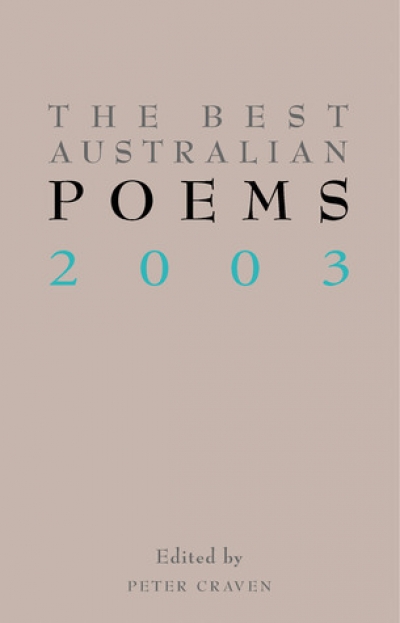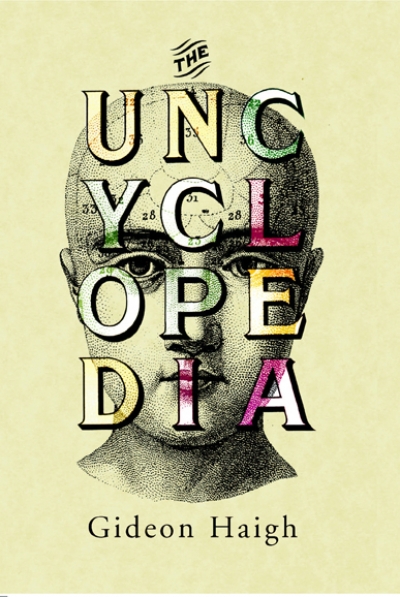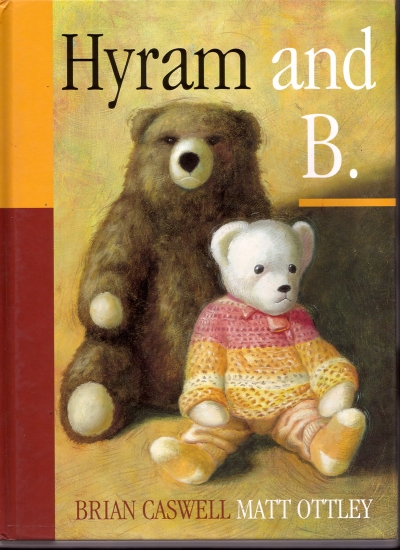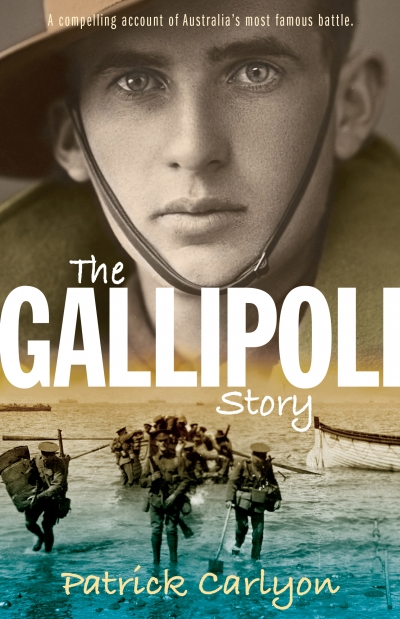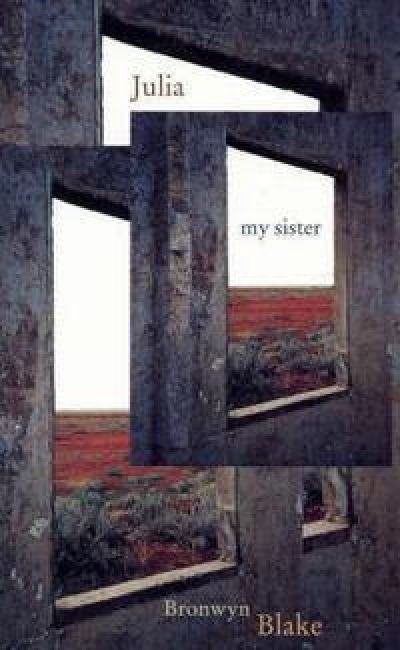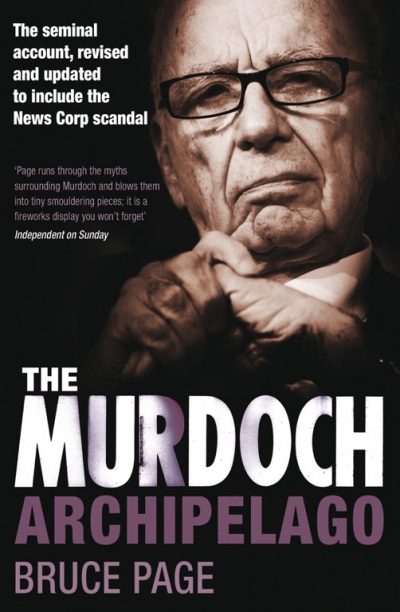Archive
A Tasmanian Paradise Lost by Graeme Hetherington & Other Gravities by Kevin Gillam
by Brian Edwards •
Since the beginning of 2003, nine writers and journalists have been murdered worldwide, adding to International PEN’s list of 400 who have been killed over the last ten years. In the same period, 769 other writers and journalists have been imprisoned, tortured, attacked, threatened, harassed and deported, or have disappeared, gone into hiding or fled in fear of their lives – simply for practising their profession.
... (read more)Geckos and Moths by Patricia Johnson & Forever in Paradise by Apelu Tielu
by Michael McGirr •
The Best Australian Poems 2003 edited by Peter Craven & The Best Australian Poetry 2003 edited by Martin Duwell
by David McCooey •
The Uncyclopedia by Gideon Haigh & Names From Here and Far by William T. S. Noble
by Fred Ludowyk •
Hyram and B. by Brian Caswell, illustrated by Matt Ottley & Two Summers by John Heffernan, illustrated by Freya Blackwood
by Sherryl Clark •
The Gallipoli Story by Patrick Carlyon & Lasseter, the Man, the Legend, the Gold by Kathryn England
by Dianne Schallmeiner •
Julia My Sister by Bronwyn Blake & Thambaroo by Jane Carroll
by Robyn Sheahan-Bright •



